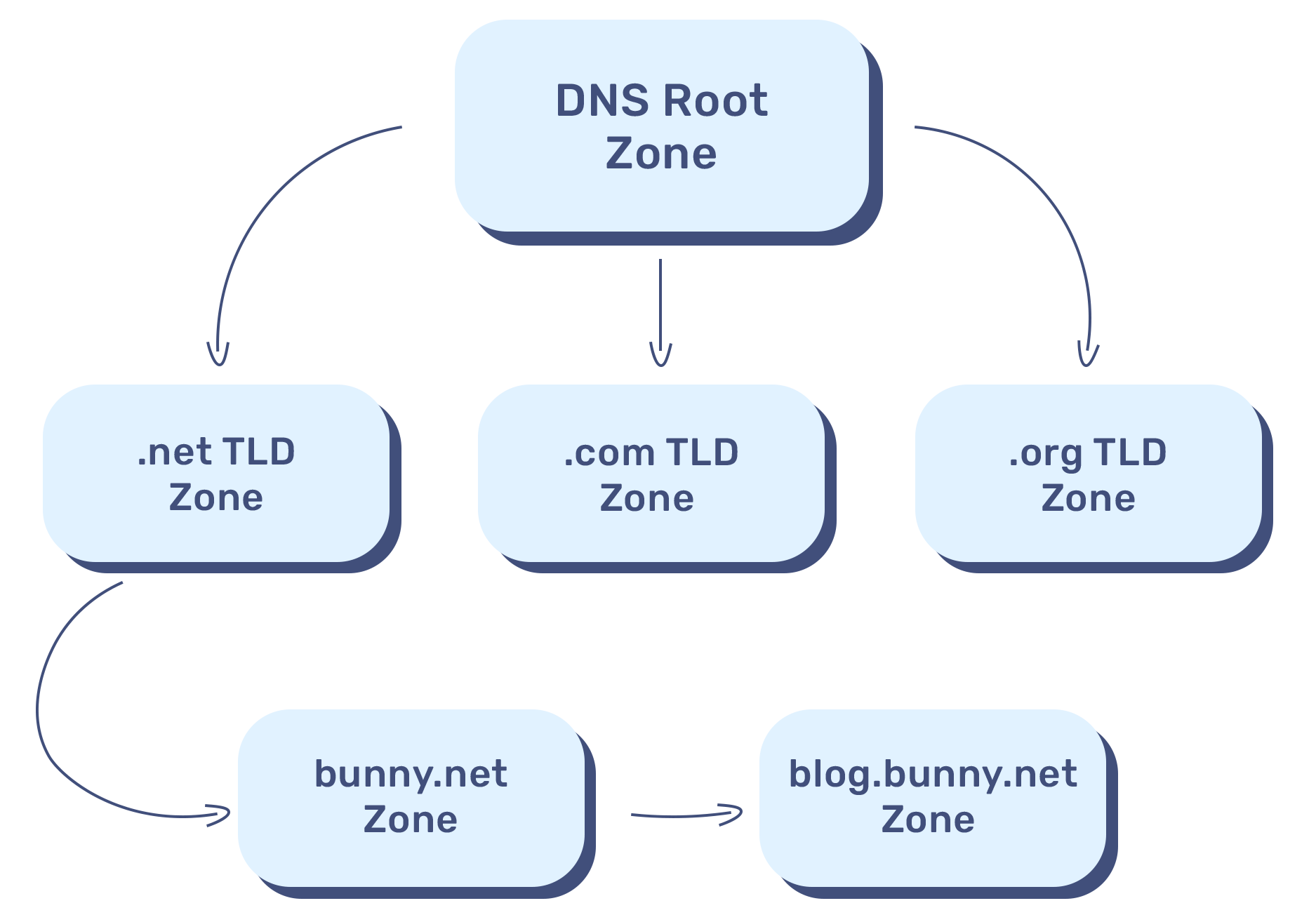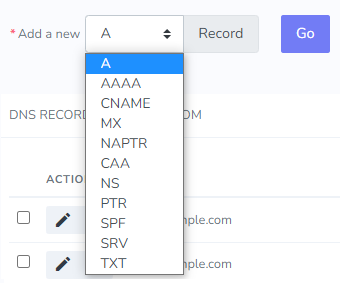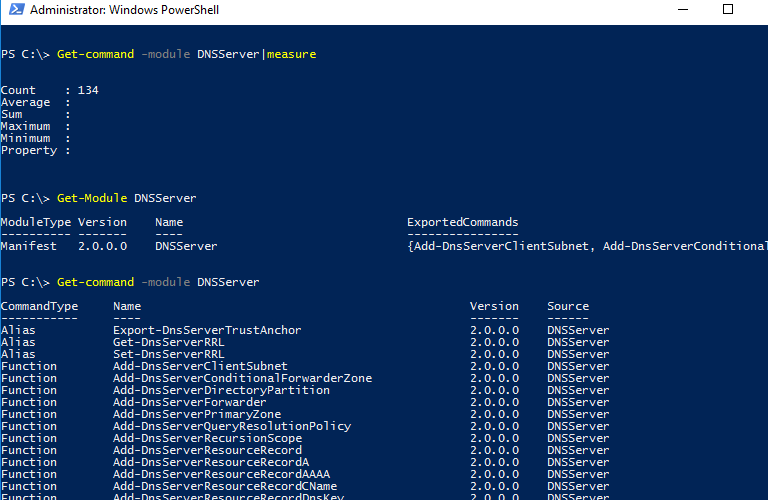What Are Dns Zones And Records

What Are Dns Zones Ttl Dns Records To start hosting your domain in azure dns, you need to create a dns zone for that domain name. each dns record for your domain is then created inside this dns zone. for example, the domain 'contoso ' may contain several dns records, such as 'mail.contoso ' (for a mail server) and ' contoso ' (for a web site). A dns zone file is a configuration file that stores important information about a dns zone. it contains all the dns records needed to manage that specific zone, helping dns servers understand how to handle domain name requests.

How To Manage Dns Zones And Records Interworx Documentation What is a dns record? dns records (aka zone files) are instructions that live in authoritative dns servers and provide information about a domain including what ip address is associated with that domain and how to handle requests for that domain. these records consist of a series of text files written in what is known as dns syntax. What is the difference between dns zones and dns records? dns records are individual entries within a dns zone, containing information that maps domain names to ip addresses or provides other dns related data. dns records provide specific details about how domain names should be resolved. What is the difference between a domain and a zone in dns? a domain is a user friendly name for a website, like “example ,” while a dns zone holds the dns records for that domain. a single domain may be split into multiple zones, or a single zone can manage multiple subdomains. but a zone is always associated with one specific domain. Dns records, also known as zone files, store critical information about domains. these text based files use the dns syntax and are housed on dns servers. dns servers use the information in dns records to route internet traffic.

How To Manage Dns Zones And Records Interworx Documentation What is the difference between a domain and a zone in dns? a domain is a user friendly name for a website, like “example ,” while a dns zone holds the dns records for that domain. a single domain may be split into multiple zones, or a single zone can manage multiple subdomains. but a zone is always associated with one specific domain. Dns records, also known as zone files, store critical information about domains. these text based files use the dns syntax and are housed on dns servers. dns servers use the information in dns records to route internet traffic. Dns zone files contain necessary information about the domain so that dns lookup can be performed. this information is known as dns records. As the name suggests, a dns zone refers to a segment of the dns namespace that is monitored or operated by a specific person or administrative body. it encompasses a database of all dns records and configurations that steer how domain names under that zone are resolved. Private dns zones provide a way to manage domain names and ip addresses for internal resources without exposing them to the broader internet. dns zones come in various types, each serving a specific purpose within the domain name system. 1. primary (master) dns zone. What actually is a dns zone? a dns zone, as mentioned earlier, is a particular entity inside the namespace of a dns. this entity is used to provide precise control to an administrator or an organization responsible for managing things like dns records, subdomains, server settings, ttl, etc.

It Learning Dns Zones And Records Dns zone files contain necessary information about the domain so that dns lookup can be performed. this information is known as dns records. As the name suggests, a dns zone refers to a segment of the dns namespace that is monitored or operated by a specific person or administrative body. it encompasses a database of all dns records and configurations that steer how domain names under that zone are resolved. Private dns zones provide a way to manage domain names and ip addresses for internal resources without exposing them to the broader internet. dns zones come in various types, each serving a specific purpose within the domain name system. 1. primary (master) dns zone. What actually is a dns zone? a dns zone, as mentioned earlier, is a particular entity inside the namespace of a dns. this entity is used to provide precise control to an administrator or an organization responsible for managing things like dns records, subdomains, server settings, ttl, etc.

Create Manage Dns Zones And Records With Powershell Windows Os Hub Private dns zones provide a way to manage domain names and ip addresses for internal resources without exposing them to the broader internet. dns zones come in various types, each serving a specific purpose within the domain name system. 1. primary (master) dns zone. What actually is a dns zone? a dns zone, as mentioned earlier, is a particular entity inside the namespace of a dns. this entity is used to provide precise control to an administrator or an organization responsible for managing things like dns records, subdomains, server settings, ttl, etc.
Comments are closed.